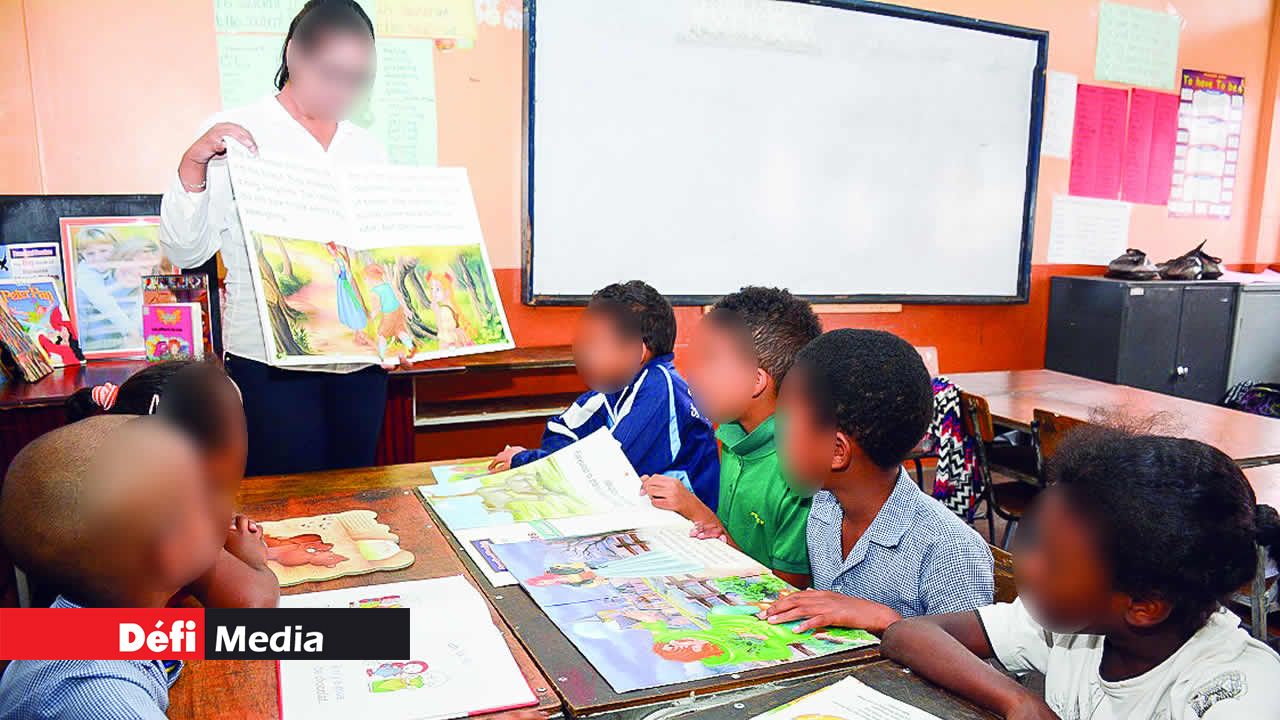
2020 is a few months away and we need to help political parties for higher sustainable growth and inclusive development. Many bold and innovative ideas have been published in the newspapers related to the national budget . We however need to realize that a few months from a General Election, difficult ideas will have to wait for 2020. Under these circumstances, and in line with the existence of highly efficient institutions overseas which prepare economic agendas for forthcoming governments, without party constraints, particularly NESTA in the UK and Niti Aayogi in India, we are proposing some ideas for 2020.
Publicité
Environment and Global Warming
The environment and climate change have to be holistically addressed. Both will be determined by external forces but we must, as Stephen Hawkins said, “Do the best we can in the circumstances we find ourselves.” A non-exhaustive list will include fresh steps on Food Recycling, Coastal Erosion Management via plantation of mangroves, Coral Gardening, Reforestation, Recycling of plastics, Use of recyclable glass bottles, Elimination of single-use plastics, Incentives for Home Gardens, Reduce pollution from exhaust pipes by banning diesel, Cleaner Mauritius by giving contracts to private companies to clean identified places, long-term plan for regenerative agriculture, Robot farming and Investment in a robust Environment National Fund with greater contribution from public funds and higher environment fee from hotels and industry. We must concede that we have been digging in the wrong places and must change course.
Ageing Population
Life expectancy will continue to increase putting fiscal pressures and the dependency ratio will lead to a decline in labour force. These have been flagged many times. We now need to boldly implement the quick wins, like means test for old age pension and eligibility for pension.
Industry and SME’s
A Textile Development Fund will be needed to help on income subsidies, assist very indebted firms and boost diversification and competitiveness. Export schemes for production of flowers, avocados and jackfruit aimed at new entrepreneurs are now needed based on the potential of these products on the international market. The definition of an SME should be increased to Rs 200 M annual turnover to create and develop internationally viable and competitive SME’s. Parastatals and the Government should be directed to source 25 % of annual procurements from SME’s. The private sector must be motivated to increase its purchases from SME’S after fresh dialogues. A private sector SME Fund in South Africa initiated by CEO’s started with $ 1.4 Bn .We must adapt, adjust and create strong monitoring mechanisms.
Spirituality, Stress and Happiness
The paradox of unhappiness within increasing economic growth is worldwide. Workplace stress is high and 47 % of British felt they had no ability to influence national agenda. 48% of Americans have no confidence in politics. 59 % of tech workers thought they were working on products that could be harmful for society, according to a representative poll by Hansard Society. Rising stress in so-called anxiety economies are huge challenges.
Employee Engagement Schemes have been very successful in the United Kingdom and Denmark and must be tailor-made to suit us. There are many useful projects but we can still adopt more successful ideas and projects to boost labour productivity. Support from the University of Warwick with specialists in Employee Engagement policies may be needed to design a long term strategy. Employee engagement is the new solution and according to the Financial Times (26th of August 2018) “Employee engagement is a lasting fad as companies spend around $ 720 m yearly”. It is enormously helpful to enhance labour reform and productivity.
Many Universities and colleges offer lessons in spirituality and happiness, integrated in markings. The University of Bristol offers 12 week course which counts for 20 of the 120 credit points for first year. Yale University provides one hour lecture weekly on happiness. We can finalize new courses which are interrelated from college to tertiary levels with very regular programs on Television with the support of the Council of Religion.
Telecommunications
Technologies related to 5G cannot be avoided and would need cross-operator efforts. China is investing $ 15 Bn on Artificial Intelligence and whilst we will still rely on core technologies from overseas, applications by operators, industry and the Government are local responsibilities. The 40 % shares of France Telecom in Mauritius Telecom must be revisited to develop a truly national champion which can better serve our interest.
Rural Tax
The rural tax is unavoidable as we plan to spend more on industry, welfare and poverty reduction schemes. We may, early 2020, start with a tax on property exceeding Rs 8 M.
Health
This is very complex but specialists recommend greater awareness on the importance of exercise and a better balance on complementary and conventional therapies.
Shelters
Teenage pregnancy, domestic violence and street children are difficult issues to resolve and there are no silver bullets. However, there is a need to increase the number of both private and public funded shelters to ease the astonishing pain, at least temporarily.
Attracting Mauritian Diaspora
We have been successful in attracting Mauritians overseas to invest or return, but to shift gear, we need a study of schemes offered elsewhere and upgrade accordingly. We can still attract more investment and individuals wishing to retire in their home land and fresh strategies must be higher on our agenda.
Conclusion
Mauritius is variously quoted as a success story among developing countries. We however will face immense challenges related to Global Warming, Technological Developments linked to Artificial Intelligence and increased protectionism. We need bolder ideas to remain internationally competitive and prepare for a more unstable world with Global Warming. There are structural and operational bottlenecks which we cannot ignore. We are broadly doing our best but needs more focus on sector/case specific constraints. The winner in the carbon-neutral digital age and the shift to a more sustainable growth model will be fuelled by a new consensus and social contract. Trends worldwide are bleak and grim particularly due to Global Warming but we can, as R. Watson Chair of the UN IBPES said “rethink the definition of a rewarding life”. This is tougher than the challenges we faced in 1968 but with a better road map and a highly spiritual population, we will make the difference again .
Skills Development and Education
We need to streamline institutions and merge to cut cost and improve efficiency. Private Tuition cannot be washed away but must be regulated. Teacher training must be revamped via Professional Development Programs. Learning Accounts must be introduced, based on the United Kingdom model. Public funded universities must be merged to focus more decisively on both applied research and academic courses. Better education is the best solution to improve output per worker and we must remember the famous words of P. Krugman “A country’s ability to improve its standard of living over time depends entirely on its ability to raise its output per worker.”
Vasan Appanah

Notre service WhatsApp. Vous êtes témoins d`un événement d`actualité ou d`une scène insolite? Envoyez-nous vos photos ou vidéos sur le 5 259 82 00 !














![[En images] Dépôt de gerbes au Samadhi de SSR](https://defimedia.info/sites/default/files/styles/square_thumbnail/public/untitled_design_27_27.jpg?itok=90XqQDdV)




![[En images] Vallée-des-Prêtres : visite des élus de la circonscription no 4 avant le cyclone Bheki](https://defimedia.info/sites/default/files/styles/square_thumbnail/public/untitled_design_3_115.jpg?itok=U2gIFelO)
